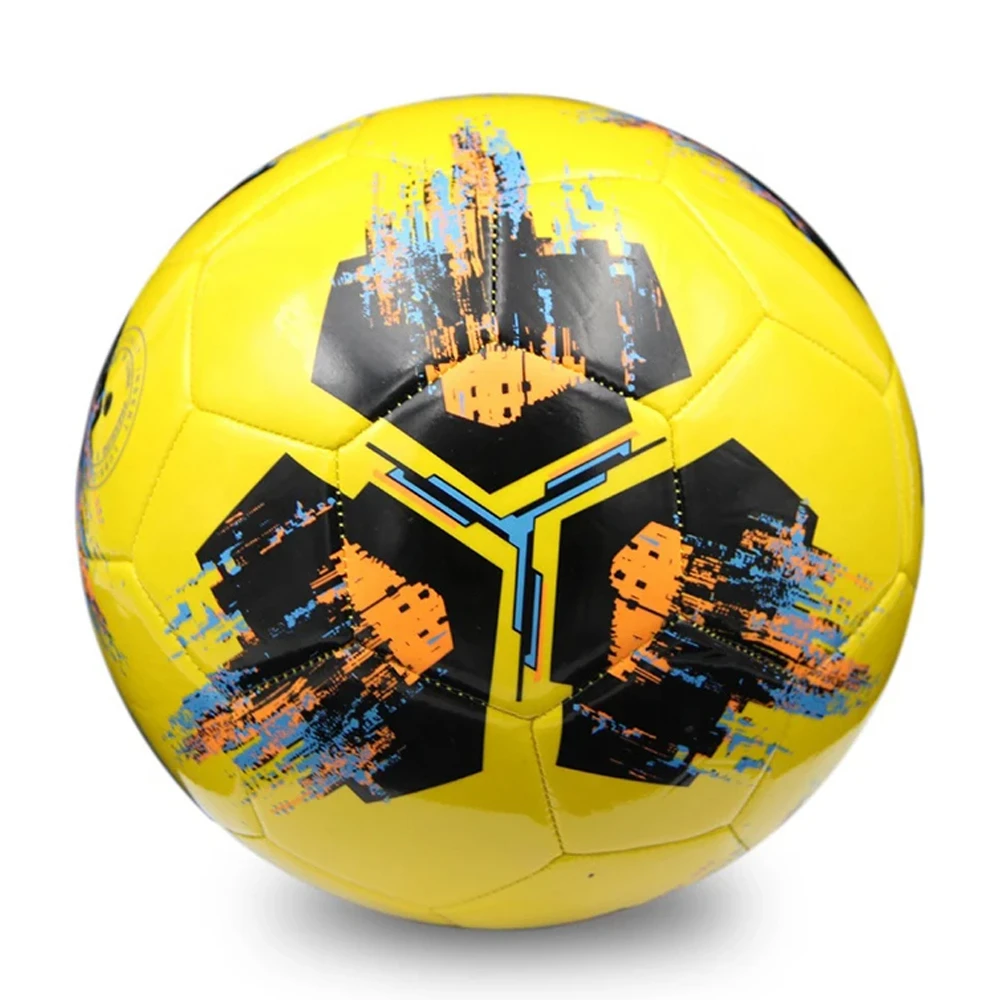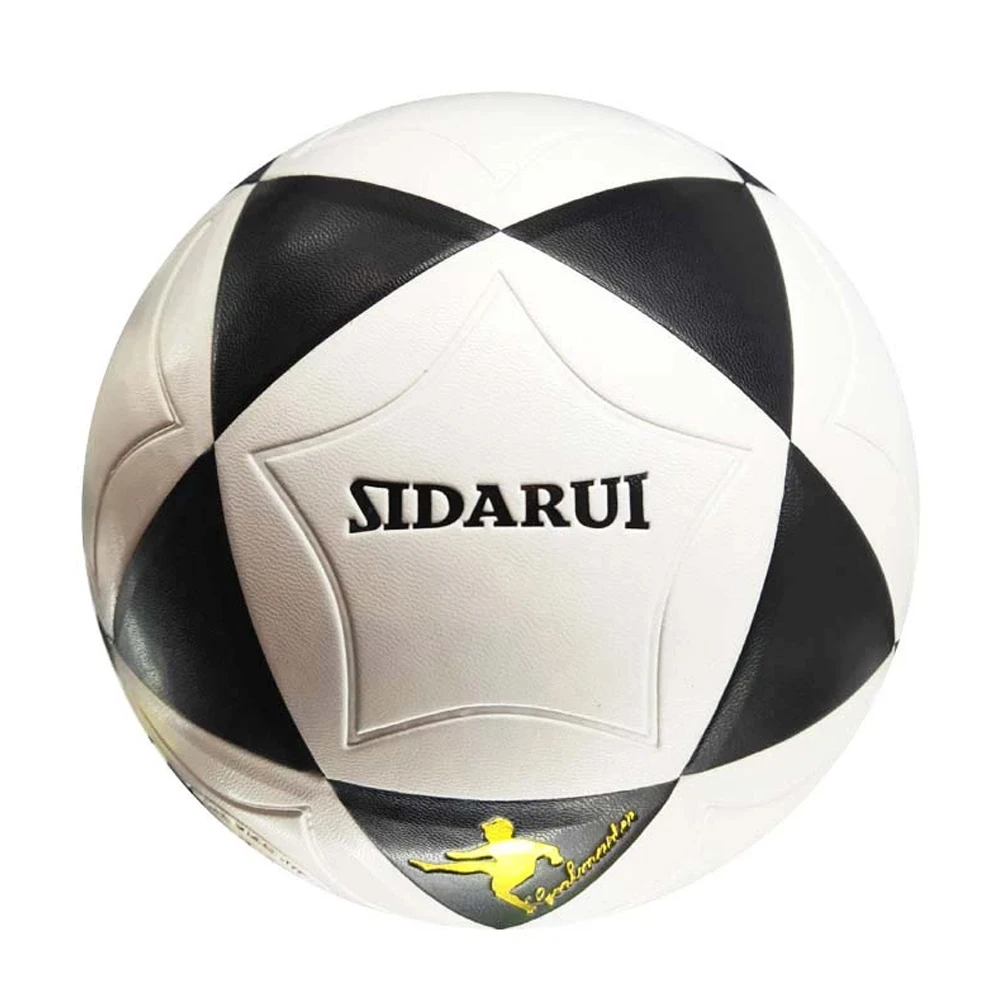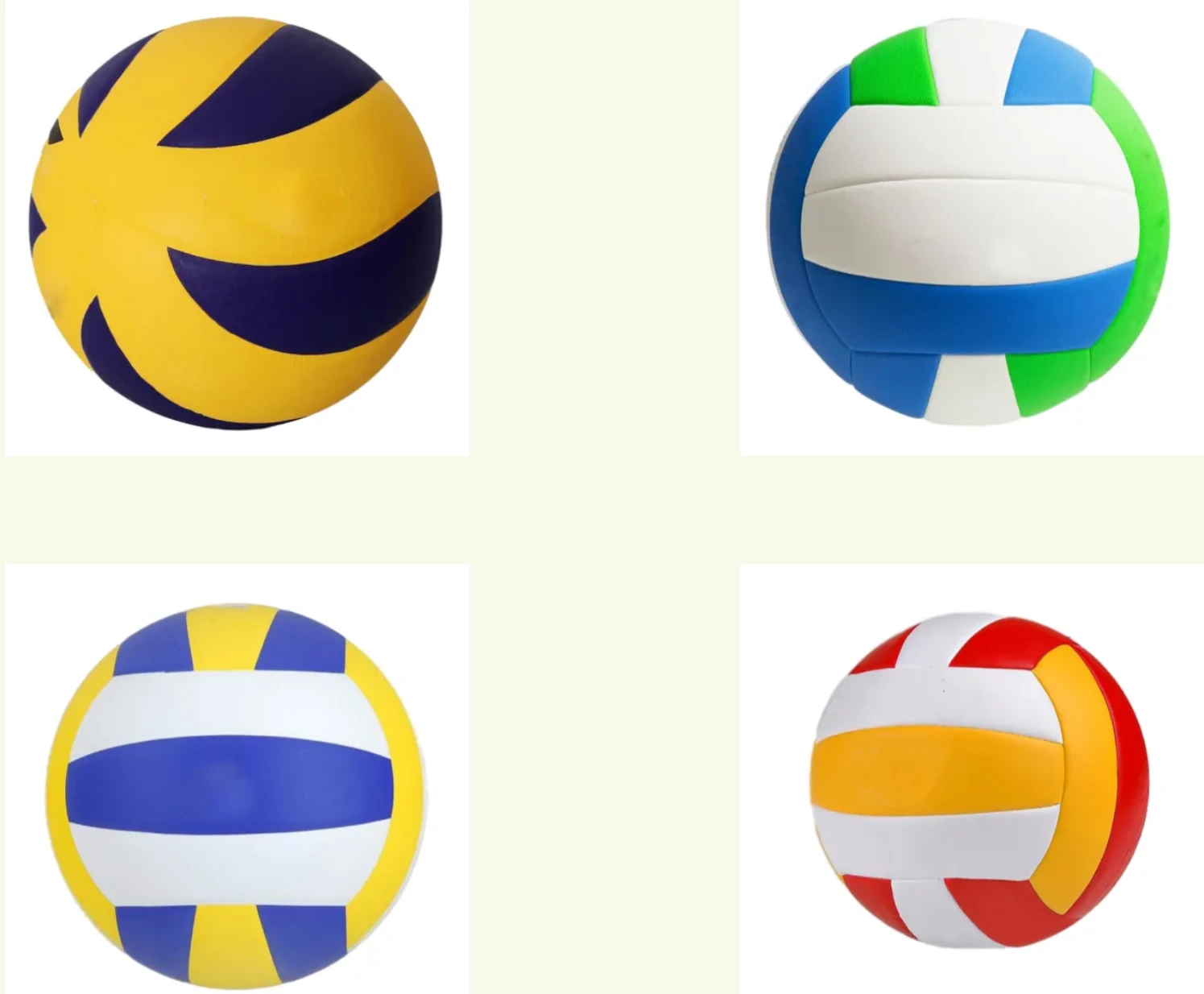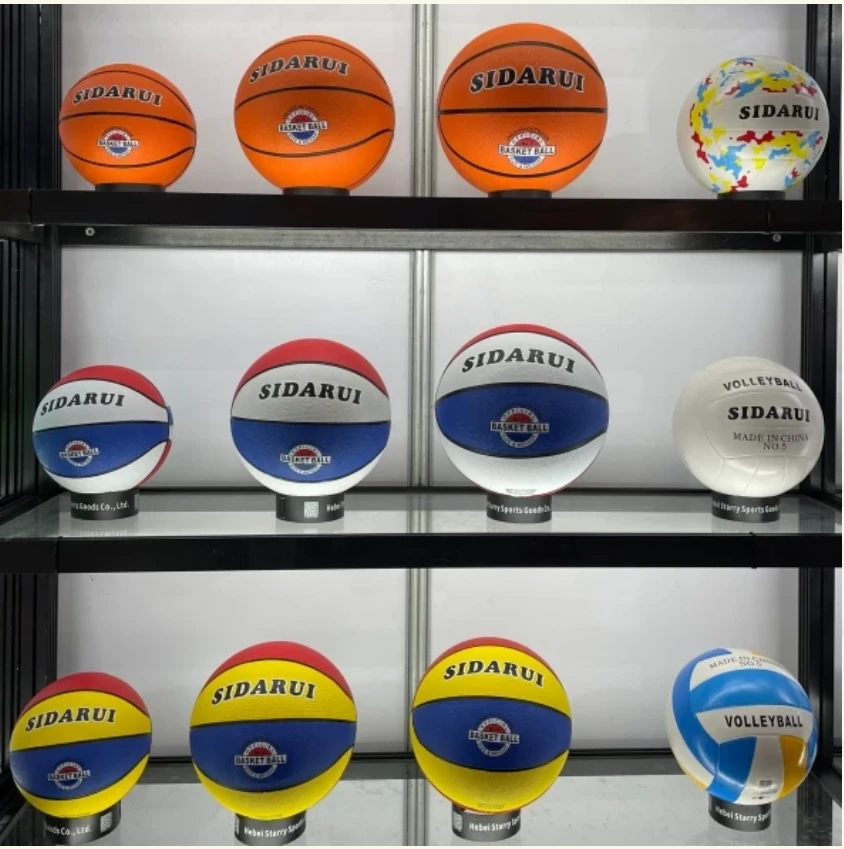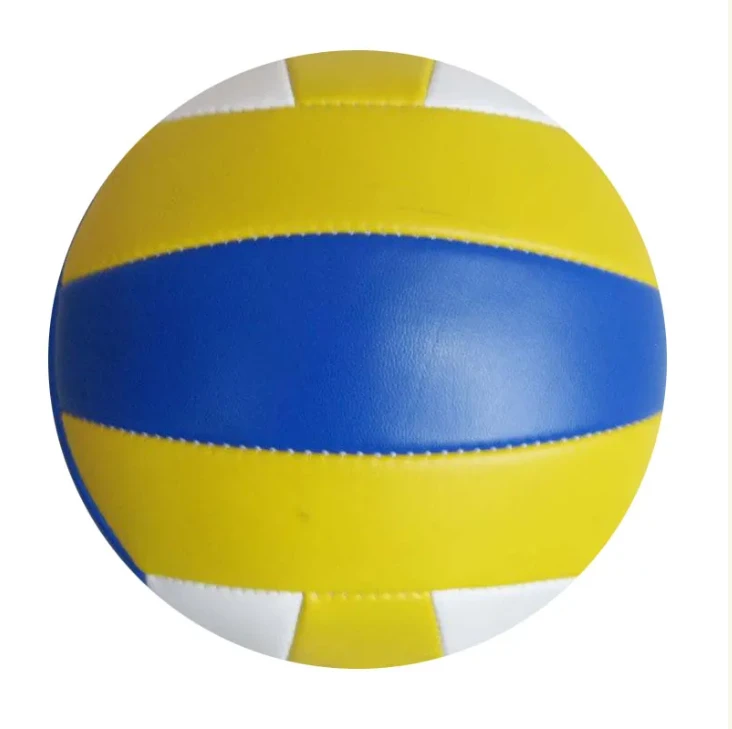Navigating the intricate world of football manufacturing unveils a captivating blend of tradition, innovation, and specialized craftsmanship. A deep dive into the industry's inner workings reveals why certain brands triumph while others fade into obscurity, underscoring the paramount importance of experience, expertise, authoritativeness, and trustworthiness.

Experience drives the heart of football manufacturing, a realm dominated by brands with decades, sometimes over a century, of dedicated craftsmanship. Take Adidas or Nike, whose legacy in creating top-tier footballs for global tournaments like the FIFA World Cup has set benchmarks in quality and performance. These companies leverage years of research and feedback, allowing them to refine their techniques and materials continuously, ensuring each football satisfies rigorous standards demanded by both professional athletes and casual players.
Central to this narrative is the concept of expertise, seen in how manufacturers continually push the envelope in material science and design. The switch from traditional leather to synthetic materials is one such advancement, aimed at enhancing durability, weather resistance, and performance consistency. Brands like Puma are noteworthy for their innovation in thermally bonded panels, which reduce water uptake, maintaining ball integrity in adverse weather conditions. Understanding such technical enhancements allows consumers to make informed choices, aligning their purchase decisions with personal playing needs and environmental considerations.
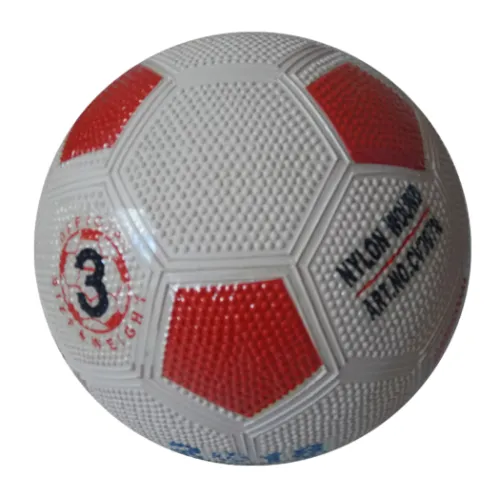
Authoritativeness within the manufacturing sector often associates closely with endorsements and certifications from global sports organizations. Footballs that have passed stringent FIFA tests for weight, circumference, roundness, rebound, and water absorption carry a mark of quality elevating them above non-certified counterparts. Having a football officially recognized as FIFA Quality Pro instantly signals reliability and performance excellence, positioning those brands at the pinnacle of consumer trust. Brands like Select and Mitre consistently achieve this status, underscoring their reputations for producing high-caliber equipment.
football manufacturers
Trustworthiness emerges as a critical pillar, especially in an era rife with counterfeits and substandard products. Consumers rely heavily on brand reputation and transparency in manufacturing processes. Companies that openly share their commitment to ethical practices, such as fair labor sourcing and eco-friendly production, gain a competitive edge. Transparency not only enhances consumer confidence but also nurtures brand loyalty. Wilson, another noteworthy manufacturer, emphasizes its sustainable practices, showcasing long-term commitments to both sports and environmental stewardship.
In product-focused landscapes, these four dimensions coalesce, guiding stakeholders from casual users to professional teams in navigating decisions surrounding football purchases. As the technology behind football production continues evolving, integrating sensor technology for performance tracking or utilizing biodegradable materials, the roles of experience, expertise, authoritativeness, and trustworthiness will only become more pronounced and essential.
Ultimately,
selecting the right football transcends mere preference. It involves recognizing the cutting-edge innovations, historical legacy, and ethical commitments embodied by leading manufacturers. In acknowledging the nuanced layers within football manufacturing, consumers not only elevate their gameplay experience but also participate in an informed, responsible sporting culture.






